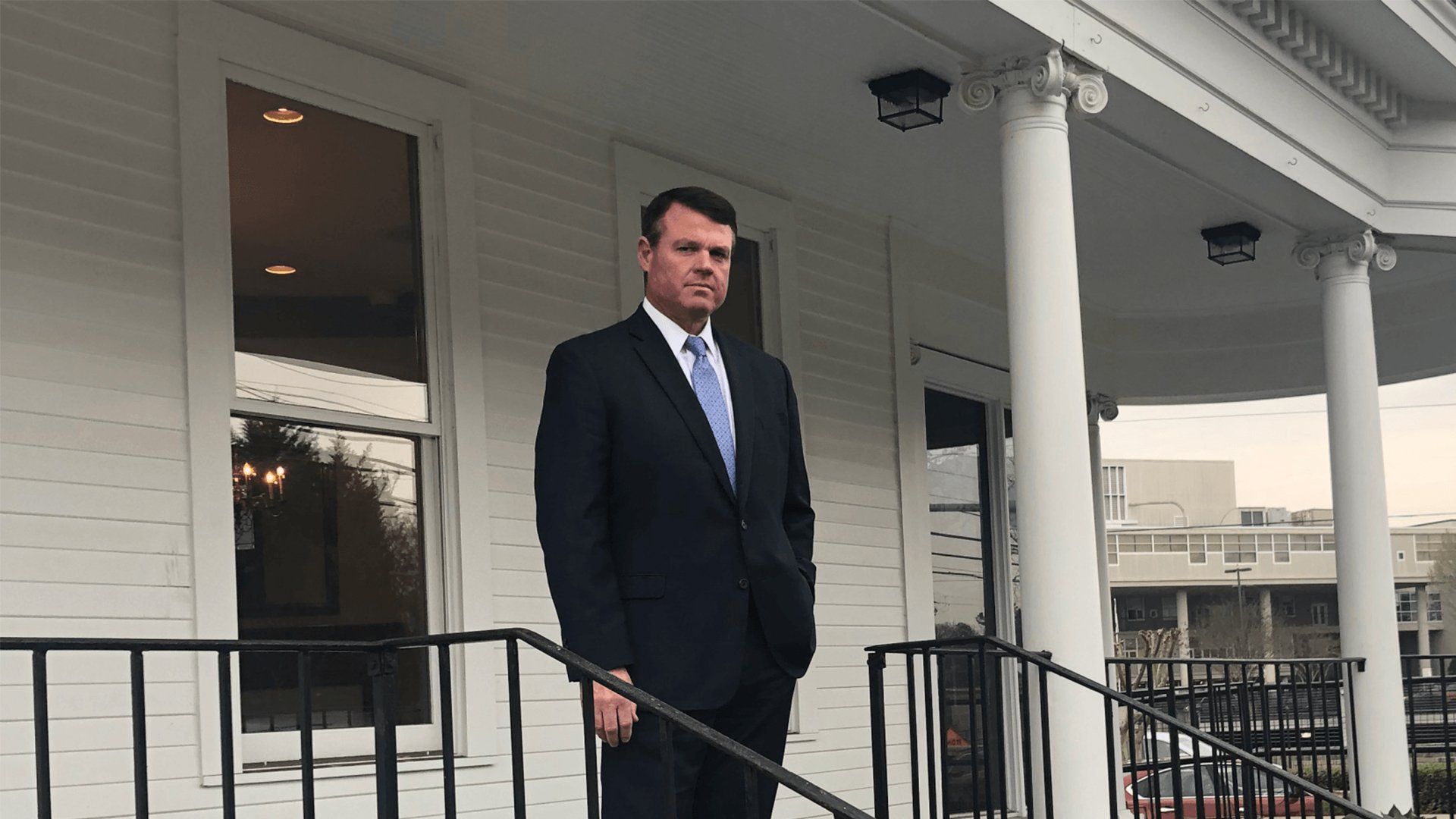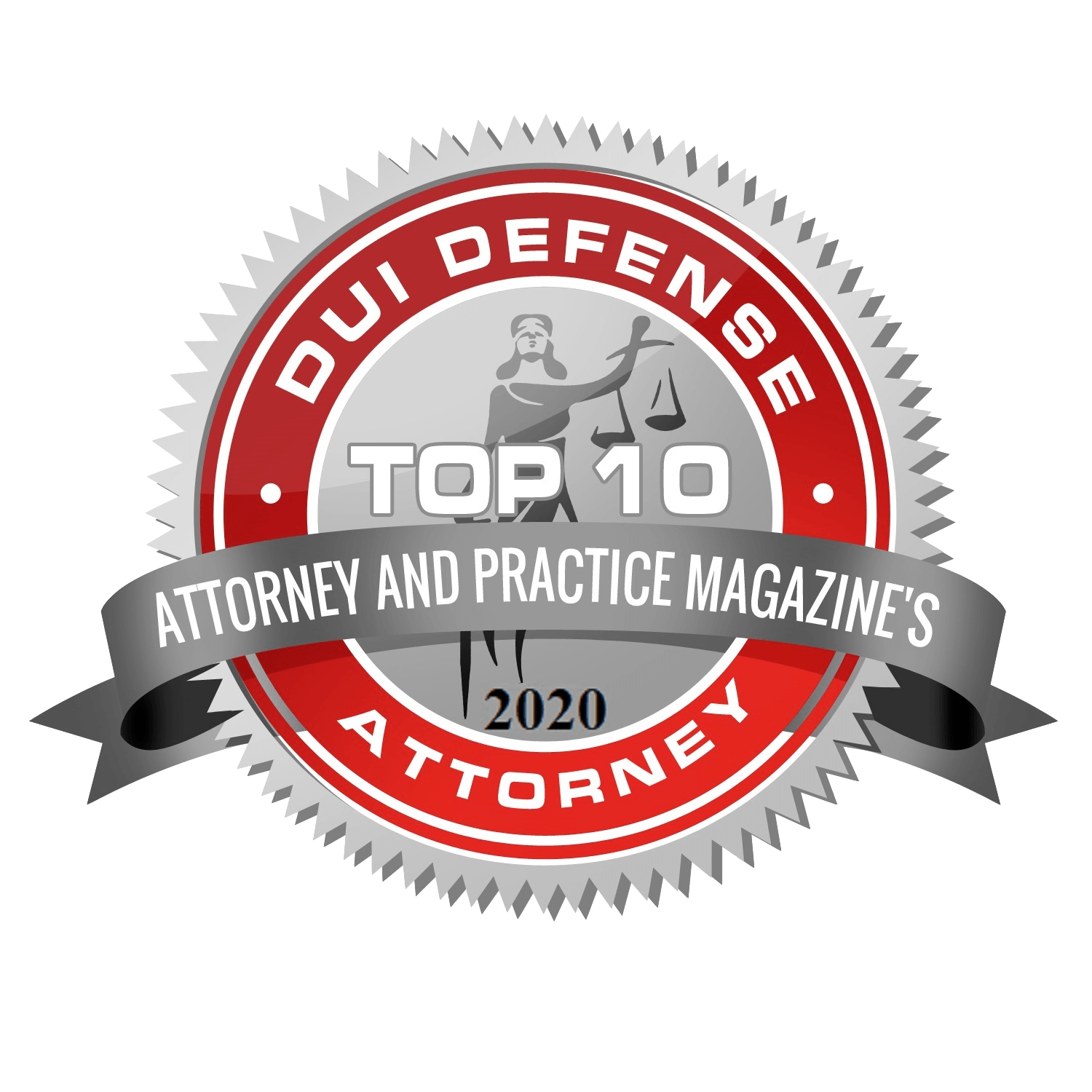Blog
Comparing the Due Process Provided Students for MIP/UPA/DUI/Academic Dishonesty to the Lack of Due Process Provided to Students Charged With Sexual Misconduct
At the University of Georgia, a student charged with a violation of the UGA’s Code of Conduct for things like Underage Possession of Alcohol (MIP), hazing, theft, selling illegal drugs on campus, and damaging UGA property are entitled to a relatively high level of due process. Specifically, an accused student must be
(1) given formal notice of the charges against them;
(2) advised that no inference of responsibility will be drawn if they remain silent;
(3) advised of the procedures that will be used to decide the charges;
(4) advised that they may have an advisor;
(5) informed of all “potential witnesses and any information that may be presented against” them including a list of witnesses and a chance to view the evidence to be presented;
(6) presumed innocent;
(7) given a live hearing before three neutral decision makers (two University Student Judiciary Members and one Administrative Panel/Faculty/Staff member);
(8) given a recorded or transcribed copy of any hearing; and,
(9) permitted to question his or her accuser and other witnesses involved in the hearing.
The accused student in these Student Conduct hearings is allowed to have an advisor that can be an attorney, a member of the Student Judiciary, or any other person. The advisor, attorney or otherwise, may not speak for the accused student, something attorney Kim Stephens believes violates the accused student’s United States and Georgia Constitutional rights to due process, but can provide preparation, guidance and support throughout the hearing.
Similarly, at the University of Georgia, a student accused of violating the Honor Code, A Culture of Honor , by plagiarizing, copying a classmates test answers, lying to a professor, or even trying his or her best to submit responses or prove attendance via apps like Top Hat that suffer frequent technical problems, is entitled to due process. Accused students in academic dishonesty hearings are
(1) allowed to complete all required academic work, have the work evaluated and graded;
(2) given formal notice of the complaint(s) that have been made against them;
(3) allowed to participate in a facilitated discussion, i.e. a mediation, which includes the instructor who filed the complaint, the student, and a Facilitator. The purpose of the of the “facilitated discussion” is to provide a fair and focused discussion between all parties involved about what may have occurred. The instructor(s) who reported the matter, the student(s) believed to have violated the policy, and the Facilitator are the only participants in a Facilitated Discussion. These Discussions may not be recorded. The instructor and student may reach an agreement about the matter and, if dishonesty is involved, may determine the appropriate consequence(s);
(4) if no resolution is agreed upon, the matter will be forwarded to a Continued Discussion with an Academic Honesty Panel that will determine the outcome of the allegation. The Academic Honesty Panel is, at its heart, a hearing on the merits of the instructor’s complaint. The Panel is comprised of two faculty members and three student members who decide whether the instructor can prove by a preponderance of the evidence that the conduct alleged in the complaint is true and is a violation of the Honor Code, and, if a violation is found, determines the appropriate punishment;
(5) written notice of the allegations being made against them;
(6) copies of all evidence to be used by the accusing instructors against the students including the instructor(s)’ statement and supporting documents and witnesses;
(7) a chance to provide a written statement and provide supporting evidence and documents to the Panel before and during the Continued Discussion;
(8) a chance to question the accusing instructor and all other witnesses and evidence being used during the Continued Discussion to show the accused student violated the Honor Code.
The accused students in these Continued Discussion hearings are allowed to have an advisor that can be an attorney or any other person. The advisor, attorney or otherwise, may not speak for the accused student, again something attorney Kim Stephens believes violates the accused student’s United States and Georgia Constitutional rights to due process, but can provide guidance and support throughout the Continued Discussion.
Now, compare these relatively high levels of due process provided to accused student’s cases to cases involving allegations of sexual misconduct, a political “hot button” issue:
(1) The accused student will be provided with notice of the existence of a complaint being filed against him or her but is not told the identity of the person filing the complaint or the specific accusations made by the accuser;
(2) The accused student may be immediately suspended from the University and barred from campus while the investigation is ongoing;
(3) The accused student may be removed from UGA’s student housing and dormitories immediately and, thus, forfeiting all moneys paid for housing and dining;
(4) The accuser and the accused student are provided with a copy of the EOO “non-discrimination” policy which allows the student to “blindly” provide information to an EOO investigator, provide evidence to the investigator that may or may not apply to the accusations being made, and submit himself or herself to questioning by the investigator;
(5) The accused student is NEVER provided with the identity of witnesses against him or statements made by such witnesses;
(6) The accused student is NEVER provided with the identity of favorable, i.e. exculpatory, witnesses or statements made by them;
(7) The EOO investigator only discloses information to others involved in the case on a “need to know basis;”
(8) The EOO procedures now state that the investigator’s interviews “constitute the hearing.”
So, prior to being expelled from the University of Georgia for alleged sexual misconduct, an accused student NEVER receives a formal charging document expressly telling him what offense he or she is charged with committing, NEVER receives a list of witnesses for or against him, is NEVER allowed to review statements or evidence used to determine his guilt or violation of the EOO policies, is NEVER allowed a hearing before a panel of three or more hearing panelists to determine his culpability, is NEVER allowed to question the accuser in his or her case, is NEVER allowed to question other witnesses or evidence used against him or her to show guilt or a violation of the EOO policies, is NEVER allowed to present evidence in his or her defense to a panel of impartial panelists rather than just to the investigating EOO officer, and is NEVER allowed to provide a statement to an impartial hearing panel. Apparently, the University of Georgia believes that students charged with Underage Possession of Alcohol/MIP deserve greater due process than students charged with serious offenses like rape.
UGA expels students, usually young men, through a process that provides absolutely no due process at all. Does that sound fair? Is that due process?
Tags: athens , athenslawfirm , georgia , Student Judiciary , Student Services , UGA
Leave a Comment
Contact Stephens & Brown Today
We will get back to you as soon as possible.
Please try again later.














